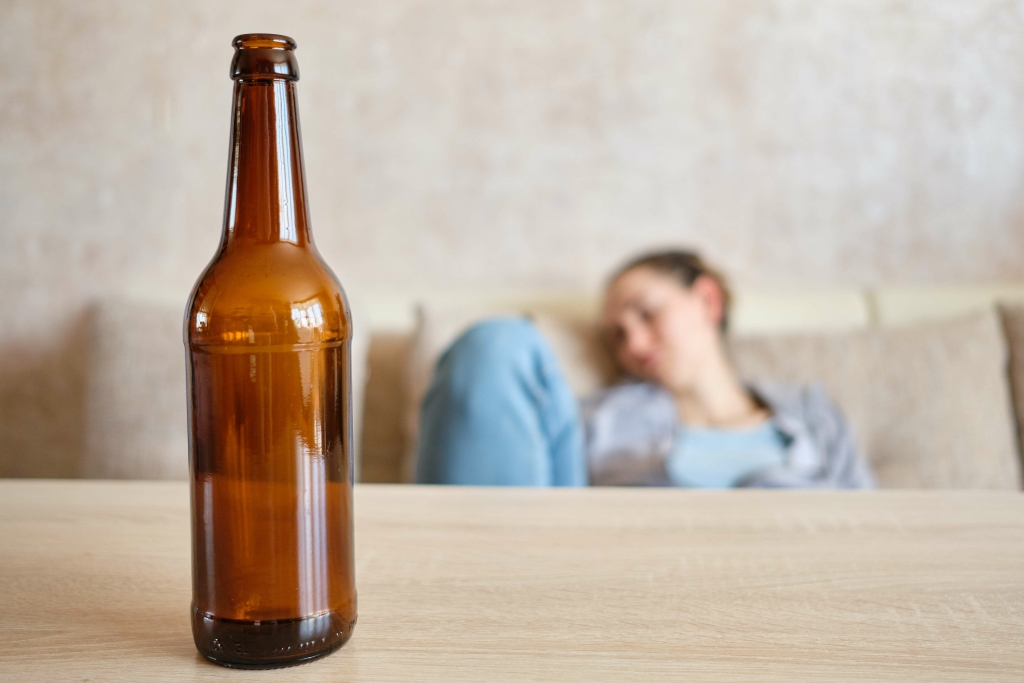Treatment for co-occurring narcissism and alcohol addiction typically involves a combination of therapy and medication. The use of cognitive-behavioral therapy can help people recognize and change negative thought patterns and behaviors, while medication can alleviate anxiety and depression symptoms. If you or someone you know is struggling with narcissism or alcoholism, it’s important to seek help from a mental health professional.

What to Do If Someone You Know Has Both Alcoholic & Narcissistic Traits
- For instance, inpatient alcohol rehab in Pennsylvania offers a structured environment where individuals can receive intensive therapy and medical support.
- Engaging in positive social engagements is considered a form of self-care.
- It could be beauty, intelligence, or even height and hair color if those are highly valued by their community.
Moreover, alcohol can contribute to the erosion of personal relationships, as narcissistic behavior fueled by alcohol can lead to conflicts, manipulation, and emotional abuse. This toxic dynamic further perpetuates the cycle of alcoholism and narcissism, as the individual may continue to rely on alcohol as a means of self-soothing and self-medication. While alcohol may initially provide http://harvardsquarebookstore.com/book/infinite_jest/ a temporary escape, it can also reinforce and amplify narcissistic behavior over time. Alcohol impairs judgment, lowers inhibitions, and reduces self-awareness, which can lead to an intensification of narcissistic traits and behaviors. This can include an inflated sense of self-importance, entitlement, disregard for others’ feelings, and an increased need for admiration and validation.
The Addicted Narcissist
Compared to grandiose narcissists, people in this group were more likely to acknowledge that they had a problem. The researchers found that grandiose narcissism, i.e., overt narcissism, was a positive predictor of alcohol consumption. People in this group were also less likely to see their alcohol use as a problem. A 2018 meta-analysis looked at the results of 62 studies and found that grandiose narcissism has a moderate association with increased social network use.
Why Narcissists Are at Risk of Alcohol Addiction

It is not uncommon for two mental health conditions to co-exist (referred to as a comorbidity). Invest time in relationships with friends, family members, colleagues, or new people. Spending time with a narcissistic friend can be exhausting, but having a network of other friends who can support and rejuvenate you can https://natural-cure.ru/v-klinike-budapeshta-kreativ-dental-clinic-v-kostnoj-plastike-budut-ispolzovat-transplantaty-iz-reber-paczienta/ feel rewarding. Dry-drunk individuals may also exhibit narcissistic behaviors as they struggle to cope with unresolved emotional issues and challenges. Alcohol lowers inhibitions, making it easier for narcissists to act on their desires and impulses without feeling restrained by social norms or consequences.

Develop Coping Strategies
As a result of self-centeredness and denial, alcoholics can behave in manipulative ways. Like narcissists, they may threaten harm to themselves https://www.countrygreeneryflorist.com/HowToGrowUp/how-to-grow-a-cucumber or others if they don’t get what they want. They may pretend to be nice for a short while to get other people to leave them alone.

- They may make excuses for the alcoholic’s actions, cover up their mistakes, or enable their substance abuse by providing financial support or covering up the consequences of their drinking.
- The study commented that people who show grandiose traits may have feelings of importance in an environment of drinking where this quality may thrive.
- You may, for example, ban your partner from drinking around you or refuse to give them money knowing they’ll only spend it on alcohol.
- This can lead to feelings of anxiety, fear, and confusion within the relationship.
The outlook is even better in people with mental illness who abuse alcohol and other substances. The treatment of NPD and AUD should ideally be delivered simultaneously, especially if there is severe addiction or depression. With that said, there are challenges to delivering appropriate care for the dual diagnosis. As their decline becomes more evident, they begin to resent everyone, including those who once bought into their sense of importance.
- When they abuse alcohol and develop a dependence on drinking, they may not accept or admit that there’s anything wrong with their life.
- Contrary to popular belief, narcissistic people are not created by trauma—at least not the typical understanding of trauma.
- Untreated narcissism and alcoholism devastate individuals, families, and communities.
- People with both NPD and AUD are often treated with a combination of medication and psychotherapy.
Deixar um comentário